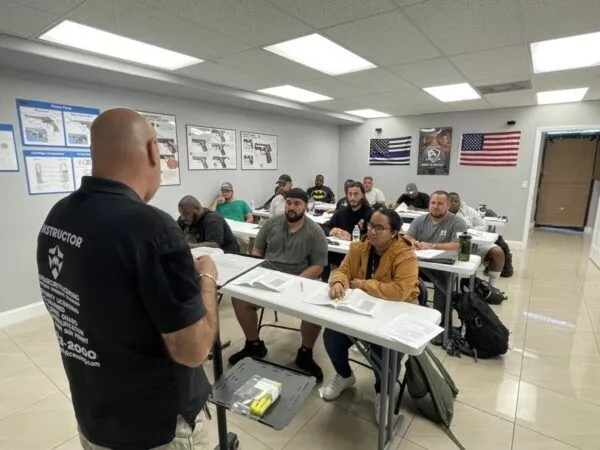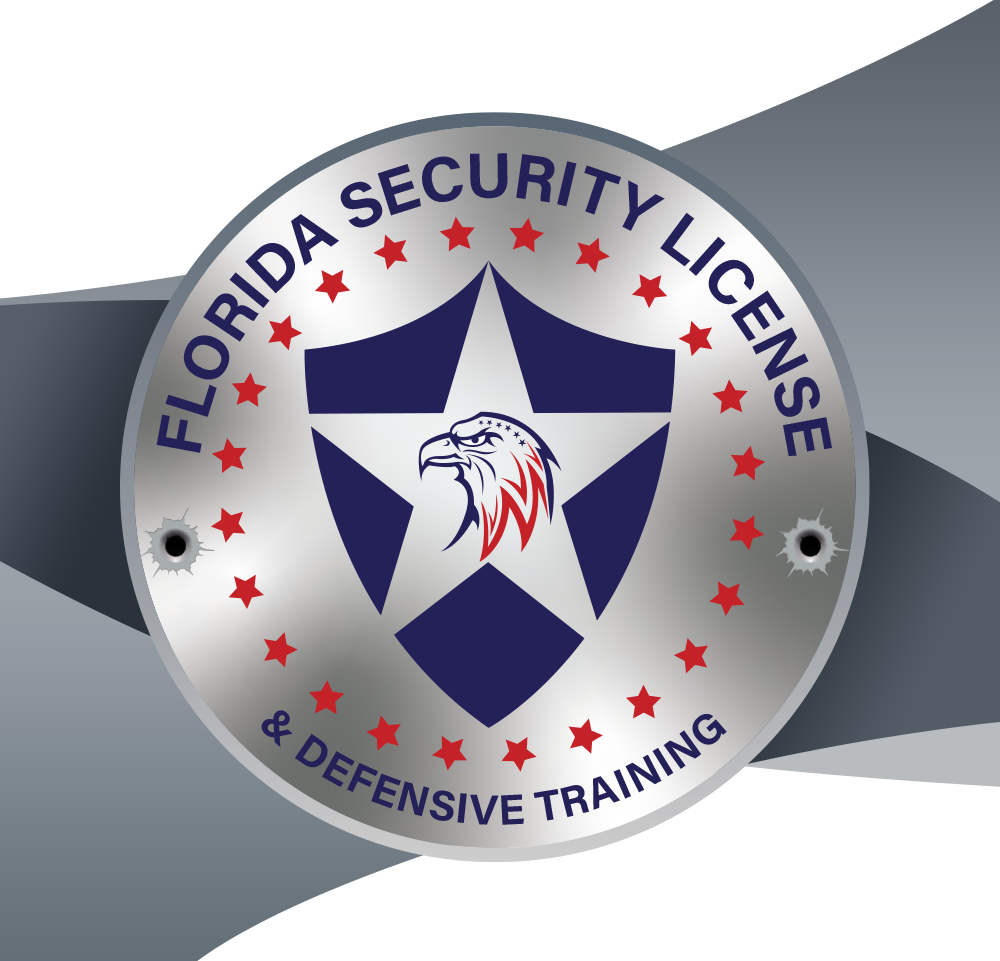The security industry plays a vital role in safeguarding property, people, and assets. As crime evolves, well-trained security personnel become increasingly important for maintaining order and peace of mind. However, running a security firm goes beyond hiring guards. It demands adherence to strict legal obligations that ensure you’re operating responsibly. From obtaining basic business licenses to securing specialized permissions, each requirement protects both your enterprise and your clientele. Below, we’ll examine the essential steps and documents needed to comply with local, state, and federal standards so your security venture can thrive.
Understanding the Legal Requirements
Before applying for any specific permit, it’s important to review local regulations governing private protection services. Different regions may require you to adhere to licensing boards or agencies overseeing security officers. In many areas, established guidelines set minimum training hours, background checks, and even citizenship or residency prerequisites. You’ll also need to confirm if separate clearances are necessary for firearms handling or uniformed patrols. Proper due diligence prevents costly legal setbacks and helps you gain the trust of clients looking for reputable, compliant providers.
Business Structure and Registration
Selecting the right business structure shapes how your security company is taxed and managed. Sole proprietorships are straightforward but offer limited liability protection. Partnerships split operational duties among co-owners, while limited liability companies (LLCs) or corporations shield personal assets. Once you’ve picked a structure, complete state registration forms and secure an Employer Identification Number (EIN) if required. This foundation must be set before pursuing the licenses tied to security work. By establishing a clear legal identity, you streamline tax reporting and demonstrate professionalism to clients and regulatory bodies alike.
General Business Licenses
Even specialized enterprises must fulfill basic obligations. Typical requirements include general operating licenses from city or county offices, plus sales tax registration if applicable. Zoning rules might limit where you can run certain security activities, especially if you plan to store equipment. As you prepare to offer courses in security guard classes online florida, verify that your premises or digital platform meets local educational standards. These preliminary permissions set the stage for more specific security-oriented credentials.
Security Business License
Many jurisdictions issue a dedicated security business license for firms offering guards, patrols, or protective services. You’ll likely need to provide documentation on company ownership, insurance coverage, and possibly details about your leadership team’s qualifications. If you plan to offer armed services, further evaluation may be required, including background checks for personnel. Once granted, this license often requires periodic renewal, ensuring ongoing compliance. Failure to maintain it could invalidate contracts and lead to penalties, so diligent record-keeping is crucial.
Security Officer and Guard Licenses
Your employees typically must be licensed individually, too. Prospective guards might complete firearms safety training if they’ll carry weapons, and annual g license requalification may be mandated. Proper vetting ensures they meet moral and professional standards. Consistent training further enhances the quality of your company’s services, reassuring clients about the expertise and reliability of your workforce.
Common Challenges and Solutions
Navigating multiple layers of regulation can be daunting. Hiring a legal consultant or leveraging resources from local chambers of commerce helps simplify the application process. Budgeting for insurance—like liability or workers’ compensation—also matters. Another potential challenge involves managing staff compliance: maintaining updated certifications and scheduling ongoing training. Investing in automated systems for license tracking can eliminate oversights that harm your company’s reputation. In the end, thorough planning and commitment to best practices position your firm for long-term success.
Conclusion
Securing the right permits and licenses for a new security company is fundamental. By establishing a robust legal structure, fulfilling specialized requirements, and consistently updating personnel credentials, you’ll lay a trustworthy foundation. Clients increasingly demand transparent, fully licensed providers who prioritize safety and professionalism. Meeting these expectations not only shields you from legal repercussions but also fosters credibility and growth. Once you’ve handled the formalities, you can concentrate on delivering top-tier protection services that address evolving security risks—building a reputable name in this vital industry.





